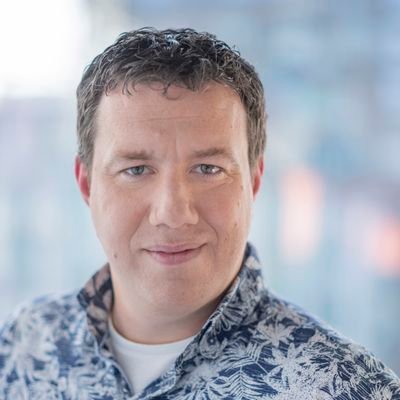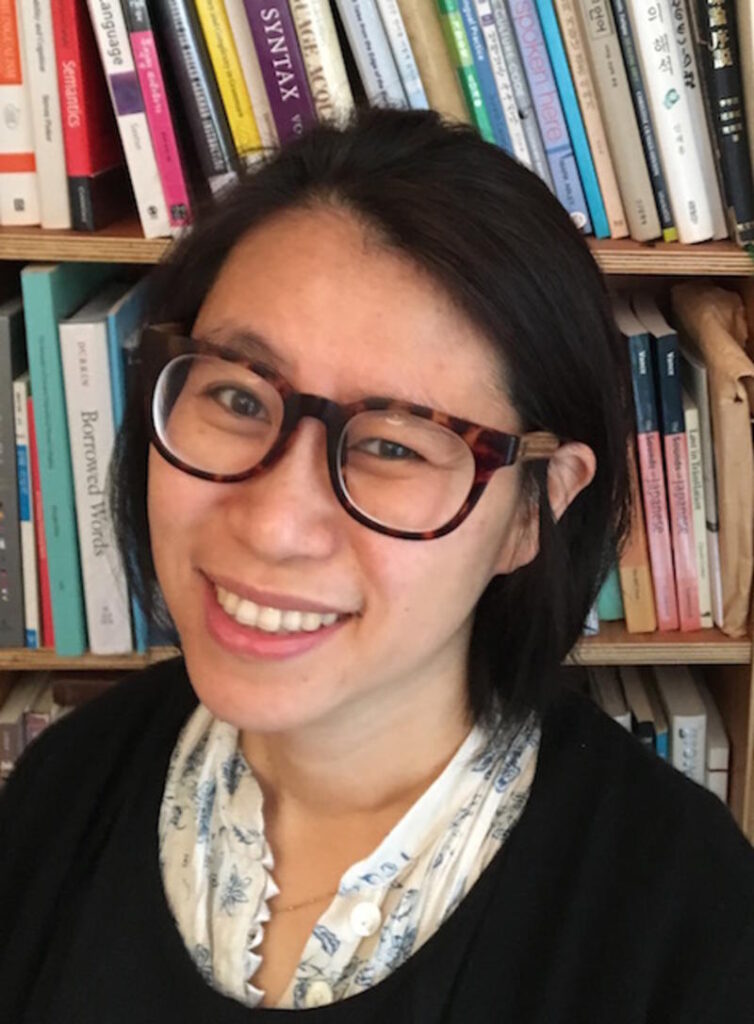
3rd International Conference ‘Language in the Human-Machine Era’ (LITHME)
15-16 May 2023
University of Groningen — Campus Fryslân, Leeuwarden, Netherlands
Eligible accepted participants will fully reimbursed, including travel, accommodation and expenses (see below).
Program
The 3rd International Conference ‘Language in the Human-Machine Era’ (LITHME)
The LITHME Conference brings together researchers and experts from various areas of linguistics and language technology to prepare and to shape language and technology research in the human-machine era. LITHME Working groups cover subjects, including but not limited to brain-machine interfaces, legal tech, accessibility, pedagogical challenges, language ideologies, machine translation and language variation will shine a critical light on new technologies.
This is a fully funded conference supported by the COST Association. This means there is no registration fee, and accepted participants from COST Member countries and Near Neighbour Countries* will be fully reimbursed for all travel and accommodation, with an additional daily allowance for personal expenses.
*Please note Russia has recently been removed from this list.
Abstract submission
PLEASE NOTE: abstract submission has now closed, and we already have a waiting list of people in case of cancellations. To hear about next year’s funded conference in time, please join our network and become active in our Working Groups.
To acquire new perspectives, it is paramount to challenge one’s own views. LITHME Conference participants will have a unique opportunity to participate in discussions and share their contributions with representatives of many disciplines related to language technology. We hope that the participants will hear and discuss technologies and perspectives they normally would not. Our Working Groups tackle different aspects of how new technologies, such as virtual and augmented reality will affect our lives.
The conference program will include plenary talks, round-table discussions, and two parallel sessions on each day. We encourage dialogue and shared learning for all participants. A networking session will help attendees to connect with researchers and professionals in various fields of language and technology.
Keynote 1: Building Language Technologies across the World’s Languages
Daan Van Esch, Google Research

More than 7,000 languages are spoken in our world, but language technologies like speech recognition and machine translation are widely available only for about 100 of the world’s languages. This talk will discuss the work Google is doing to break down language barriers and make language technologies truly universally accessible and useful, covering the expansion of Gboard (the Google Keyboard for Android) to nearly 1,000 languages (paper); recent work done to train a neural machine translation model across 1,000+ languages (paper); and ongoing work to bring speech technologies to 1,000 languages, as part of the recently announced 1,000 Languages Initiative. We’ll also talk about how we’ve been working together with universities around the world to make it possible for fieldwork linguists and communities — who work on documenting and revitalizing threatened languages — to build language technologies for their own languages.
Bio: Daan van Esch is a Senior Technical Program Manager with the Google Speech team, working on internationalization for language technology at Google, harnessing machine learning and scalable infrastructure to bring support for new languages to products like Gboard and the Assistant. In his 10 years as a Googler, he’s worked on text-to-speech synthesis, automatic speech recognition, keyboards, machine translation, and more. Daan holds a degree in Chinese Studies from Leiden University, the Netherlands, where his research focus was Chinese linguistics and natural-language processing.
Keynote 2: Language with AI: A Linguist’s response to ChatGPT
Prof. Jieun Kiaer, University of Oxford

With the arrival of Large Language Models (LLMs) such as ChatGPT, contemporary linguistics needs to respond to the methodological, philosophical, and pedagogical challenges they pose. Linguists have a responsibility to proactively engage with AI (and particularly the subset of AI that is now called Generative AI or GAI) and critically find new ways, questions, and goals. Despite the relevance of AI and particularly GAI to language learning, it is still unclear how it can be effectively integrated into education. We are currently in a transitional period with a lack of clear guidelines on how to approach AI in education. Often, teachers and educators have reservations about digital advancements, but this time we have no time to waste. Unless we act now, this may cause great confusion for our students. The AI wave we are facing is impossible to reverse. Its impact on education will only continue to grow in the future, and we must accept this new reality.
AI natives, or people born or raised during the AI era and who have grown up with AI, must learn to live with AI. Hence, teachers, educators, and policymakers around the world need to proactively (un)think how we do education alongside AI instead of banning it. While safeguarding is urgently needed, teachers and educators must find ways to benefit from AI for both themselves and their students. The discourse surrounding AI education and the use of LLMs such as ChatGPT is common from a relatively affluent, well-resourced Western perspective. However, it is crucial to incorporate perspectives from non-Western contexts, particularly in areas with limited educational opportunities. Generative AI and LLMs like ChatGPT have the potential to close the educational gap between those who have access to high-quality education and those who do not, bringing educational equity to underprivileged populations around the world. In this talk, I will demonstrate how ChatGPT can address the challenges of incorporating pragmatic versatility and linguistic diversity in human languages. With my insight into the pragmatics of Asian languages, I will show how Chat GPT might excel in register-sensitive dynamic translation while at the same time suggest some of the ways human linguistic creativity continues to remain uniquely generative.
Bio: Prof Jieun Kiaer is the YBMK KF Professor of Korean Linguistics in the University of Oxford’s Asian and Middle Eastern Studies Faculty. She publishes widely on linguistics, Asian studies, and translation. Her recent research covers the future of human language, social media behaviours, big data, and AI linguistics. Wearing the hats of linguist, pragmatist, and Asian specialist, she is uniquely positioned to respond to the recent developments in AI. Her upcoming publications include Emoji Speak (Bloomsbury, 2023 June) and The Future of Syntax (Bloomsbury, forthcoming/2024). Find out more about her work here: https://jieunkiaerresearch.com/
Watch livestream from the Conference
There are two parallel streams, one streamed from each room. Please see the programme to decide which stream to choose.
Note that only presentations and the keynote are available online, not other parts of the programme.
Welcome to Campus Fryslân in Leeuwarden!
The inner city of Leeuwarden, or ‘Ljouwert’ as the Frisians call it, is one of Holland’s best kept secrets. It is the city in which the famous graphic artist M.C. Escher and the mysterious exotic dancer Mata Hari were born. Go on a shopping spree in the narrow shopping streets, enjoy a boat tour of the centuries old canals, and discover the cultural roots of Friesland at the Fries Museum.
Leeuwarden is easily accessible by public transport. The train station is within walking distance from the city center and is the railway hub of the province of Friesland.
Research at Campus Fryslân
Here, multiple disciplines are represented allowing international students, PhD students and world-class researchers to approach scientific issues from different perspectives. As a faculty, we are committed to finding local solutions to real global challenges.
